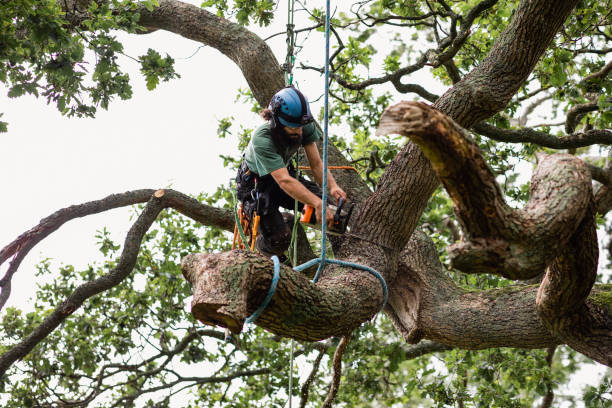Cleft patients often grapple with speech difficulties, a significant concern that ties to their overall quality of life. However, it’s here that early intervention surfaces as a beacon of effective management. For that matter, Dr Mark Austin North Carolina will discuss why embracing early intervention is highly crucial in preventing speech difficulties in individuals with cleft palate and/or lip.
Timely Surgical Intervention
First of all, maxillofacial surgery performed at an appropriate age can restore the structural underlying anomalies. With a cleft lip, surgery is usually performed within the first few months of a baby’s life, while a cleft palate is generally repaired between 6 and 12 months. These surgeries offer the necessary structure required for the normal development of speech sounds.
Regular Speech and Language Assessment
Children with cleft palate and/or lip should have regular speech, as well as language development assessment from infancy. For that, early evaluation allows speech-language pathologists to identify potential problems early on and establish a plan to address them before they become ingrained habits.
Speech Therapy
If speech difficulties arise post-surgery, speech therapy then dovetails as a critical form of early intervention. For example, in cases where hypernasality persists even after surgical intervention, specialized speech therapy can help a child learn techniques to correctly articulate sounds and modulate voice resonance.
Augmented Hearing Interventions
Children with cleft palate often confront certain issues of middle ear fluid build-up and resultant hearing loss. These issues can detrimentally impact speech development. For that, routine hearing assessments and prompt intervention, like ear tube placement, can ensure that their speech development remains on track.
The Comforting Embrace of Early Intervention
Whether it’s correcting the physical structures through surgery, harnessing the potential of speech therapy, or ensuring optimal hearing health Dr Mark Austin North Carolina, early intervention conglomerates them all, and more, into an effective strategy for averting speech difficulties in cleft-affected children. Undeniably, it’s a pathway to granting cleft-affected children the gift of comprehensible speech and the confidence to communicate effectively.



